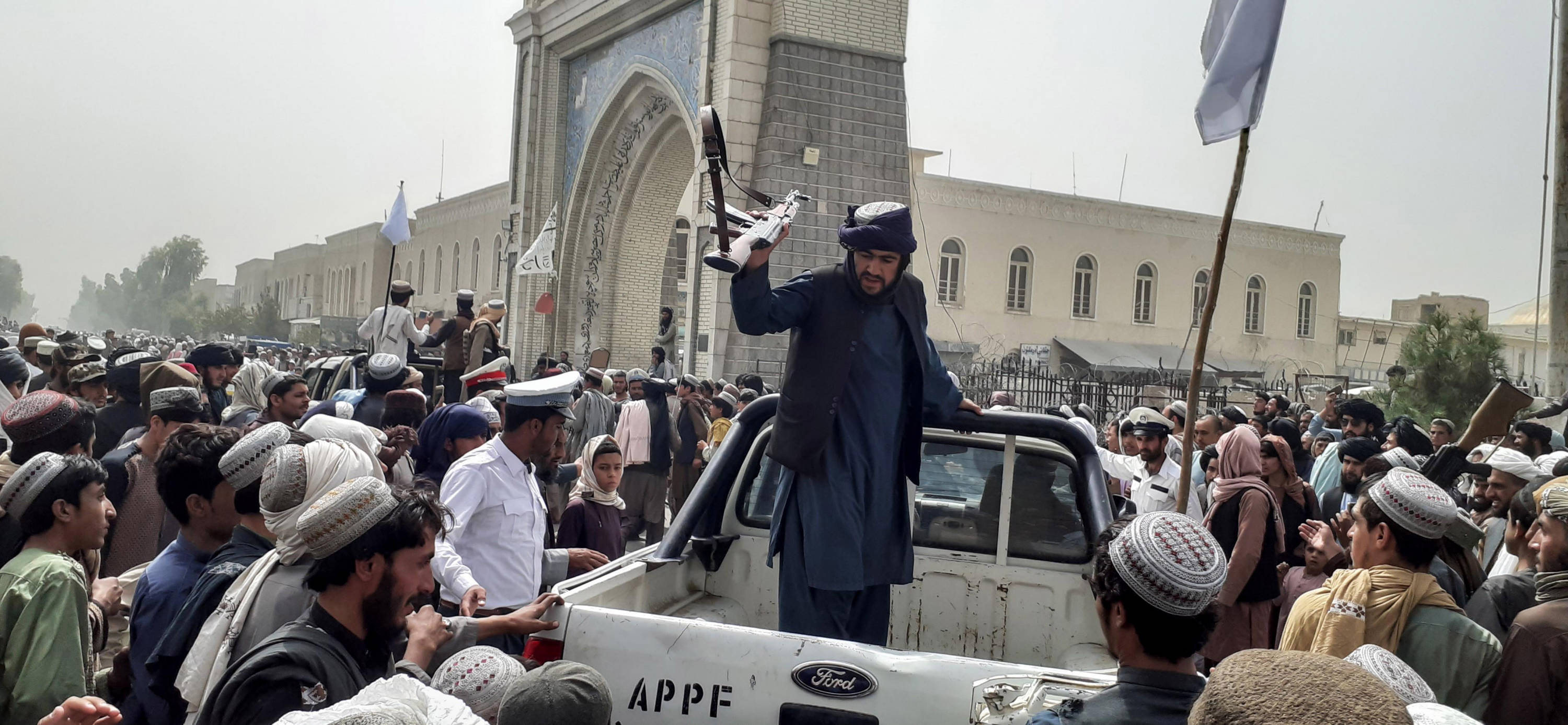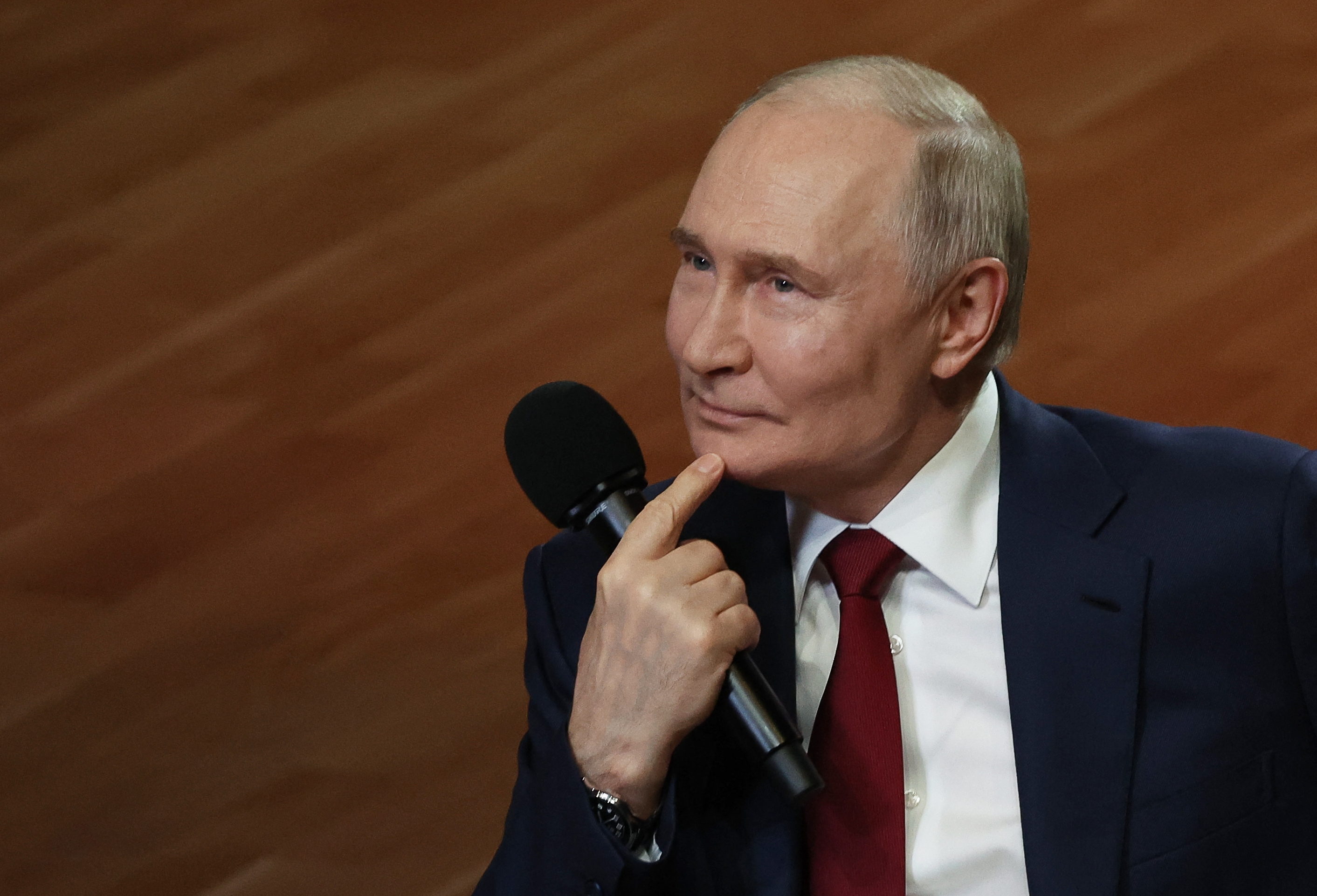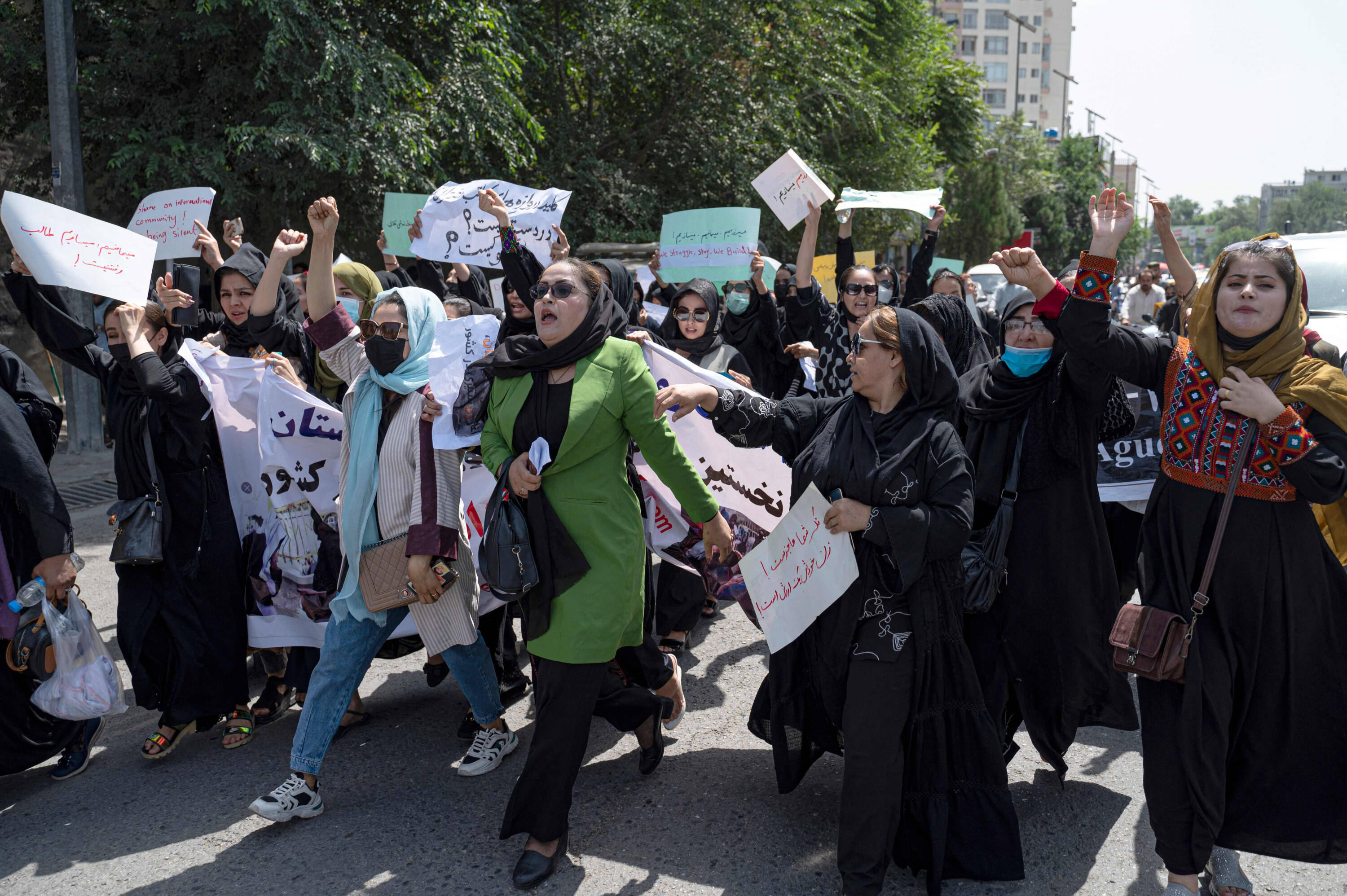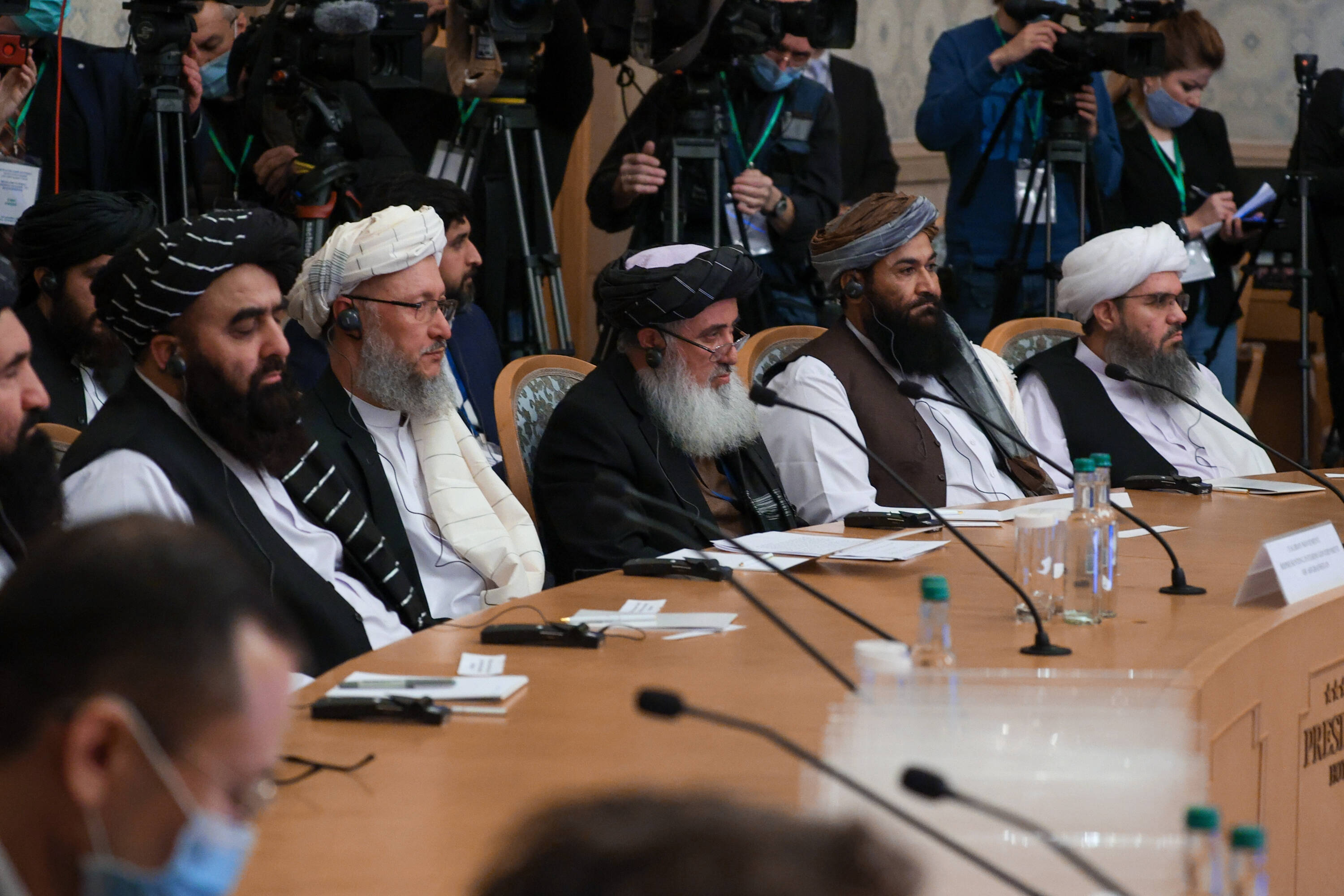The Taliban achieve their first diplomatic success: the keys to Russian recognition

Russia became the first country in the world to officially recognize the Taliban as the legitimate government of Afghanistan, a decision that breaks with the international consensus maintained since the fundamentalists came to power in 2021.

Taliban in the town of Kabul, the capital of Afghanistan. Photo: EFE
The Taliban regime on Friday hailed Russia's decision to recognize them as the legitimate government of Afghanistan as "courageous and historic," a move they asserted sets a "positive precedent" for other countries to follow suit.
The Afghan Foreign Ministry emphasized that "the Islamic Emirate of Afghanistan seeks positive, constructive, and respectful relations with all global stakeholders" and considered that "the time has come for Afghanistan to fulfill its key role: serving as a connectivity hub (...) between Central and South Asia."
What is the global impact of this recognition? Is there increased diplomatic activity by the Taliban?
Here's the lowdown on the Taliban's first diplomatic achievement in Afghanistan.
Vladimir Putin's Russia recognizes the Taliban Russian ambassador to Afghanistan, Dmitry Zhirnov, acknowledged last night on public television that Moscow was proceeding to recognize the Islamic Emirate of Afghanistan—the name the Taliban uses for their country —with the goal of "establishing full cooperation" with Kabul.
The decision was made by Russian President Vladimir Putin at the suggestion of his Foreign Minister, Sergei Lavrov.

Russian President Vladimir Putin. Photo: AFP
Last Tuesday, the new Afghan ambassador appointed by the Taliban, Mawlawi Gul Hassan, arrived in Moscow.
Following the decision, the Taliban flag—white with the Islamic creed written in the center—began to fly at the Afghan diplomatic mission in Moscow.
Normalization of Moscow-Kabul relations in recent years Russia had removed the Taliban from its list of terrorist organizations in April , where it had been included in 2003 for its alleged links to illegal armed groups in the Russian region of Chechnya, where Putin had launched the Second Chechen War in 1999.
However, Russia and the Taliban had begun to normalize their relationship years ago.
Moreover, the decision comes at a time of international setbacks for Russia , particularly following the overthrow of its ally Bashar al-Assad in Syria in December 2024.
Relations between Moscow and Kabul have been plagued by conflict for decades. Of particular note was the 1989 war between the former Soviet Union and Afghanistan, which saw the withdrawal of Soviet troops from the country, having invaded in 1979. Fifteen thousand Soviet soldiers died in the operation.

Women protest in Kabul against the Taliban. Photo: AFP
Virtually excluded from the international political scene, the Taliban have attempted in recent months to deploy an active diplomatic network to break out of their isolation.
On June 25, they appointed an ambassador to Turkey. They currently have approximately 14 diplomatic missions in various countries, including Turkey, China, and Pakistan.
However, until Russia they did not have the recognition of any country.
The UN, other international organizations, and various NGOs have denounced the Taliban's repressive policies in recent years, particularly against women, based on a strict interpretation of Islamic law, or Sharia.
The coming to power in 2021 and the deposed government The Taliban's return to power in August 2021—their first regime lasted from 1996 to 2001, until the US invasion and the establishment of an interim government in Kabul—was a "lightning offensive" as part of the end of a nearly two-decade-long conflict.
With the withdrawal of US and allied troops from the country—agreed upon by the Taliban and the Trump administration in 2020 in Doha and later ratified by the Biden administration —the fundamentalists managed to take Kabul with little resistance on August 15 and depose the Republican government led by Ashraf Ghani, who fled Afghanistan.
Although overthrown, the previous government maintains a symbolic and institutional presence in exile, mainly through diplomats serving in international organizations.

Taliban members in Russia, October 20, 2021. Photo: EFE / EPA / RUSSIAN FOREIGN MINISTRY
Russia's decision to recognize the legitimacy of the Taliban government has sparked outrage and shock among parts of Afghan civil society.
Women's rights activists and students have argued that the recognition legitimizes the Taliban's repressive system of regulations , which particularly affects Afghan women, who are subjected to a draconian regulatory system that restricts virtually all of their freedoms.
eltiempo





